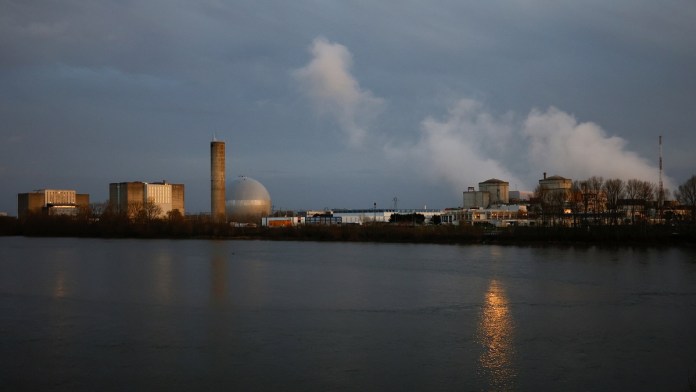While President of France Emmanuel Macron has rubbished media reports that said the government would take recourse to load-shedding this winter, there is no doubt his country is running short on power. France is bracing for possible power outages in the coming days as falling temperatures push up demand while state-controlled nuclear group EDF struggles to bring more production on track.
Even if blackouts happen, President Macron said it would be “absurd” to think that power blackouts will cripple infrastructure in France. Speaking at a recent EU summit, he said: “This debate is absurd. The role of the public authorities is not to spread fear nor to govern by fear. The role of the government and ministers is to do their job and provide energy. That’s it. As for what’s next, it’s for everyone to save energy and not to scare people with the kind of absurd scenarios I’ve heard recently.”
France is one of the most nuclear-powered countries in the world, producing on average over 70% of its electricity with its fleet of 56 reactors and providing about 15% of Europe’s total power through exports.
Why is a nuclear-powered France running short of energy?
Despite its stockpile and potential of nuclear energy for civilian use, EDF has had to take a record number of its ageing reactors offline for maintenance this year just as Europe is struggling to cope with cuts in Russian natural gas supplies used for generating electricity.
That has left the country’s nuclear output at a 30-year low, forcing France to import electricity and prepare plans for possible blackouts as a cold snap fuels the demand for heating.
What are EDF’s maintenance problems?
While EDF normally has a number of its reactors offline for maintenance, it has had far more than usual this year due to what is known as stress corrosion on pipes in some reactors.
At the request of France’s nuclear safety watchdog, EDF is in the process of inspecting and making repairs across its fleet since detecting cracks in the welding connecting pipes in one reactor at the end of last year.
Years of under-investment in the nuclear sector mean that there is precious little spare capacity to meet demand while reactors are offline for maintenance.
France also lacks specialised welders and other workers in sufficient numbers to be able to make repairs fast enough to get reactors back online.
What is France doing about the shortage?
In the very short term, there is little that can be done to get more reactors online faster, leaving the government to plan for voluntary cuts at peak demand periods and limited forced blackouts.
Meanwhile, EDF and others in the French nuclear industry are on a recruitment drive for the next generation of welders, pipe-fitters and boiler makers, going so far as to set up a new school to train them.
President Emmanuel Macron wants a new push in nuclear energy and has committed to building six new reactors at a cost his government estimates at nearly 52 billion euros ($ 55 billion).
As a first step, the government is in the process of buying out EDF’s minority shareholders and fully nationalising the debt-laden group, which it says is necessary to make long-term investments in new reactors. ($ 1 = € 0.9471)



You must log in to post a comment.